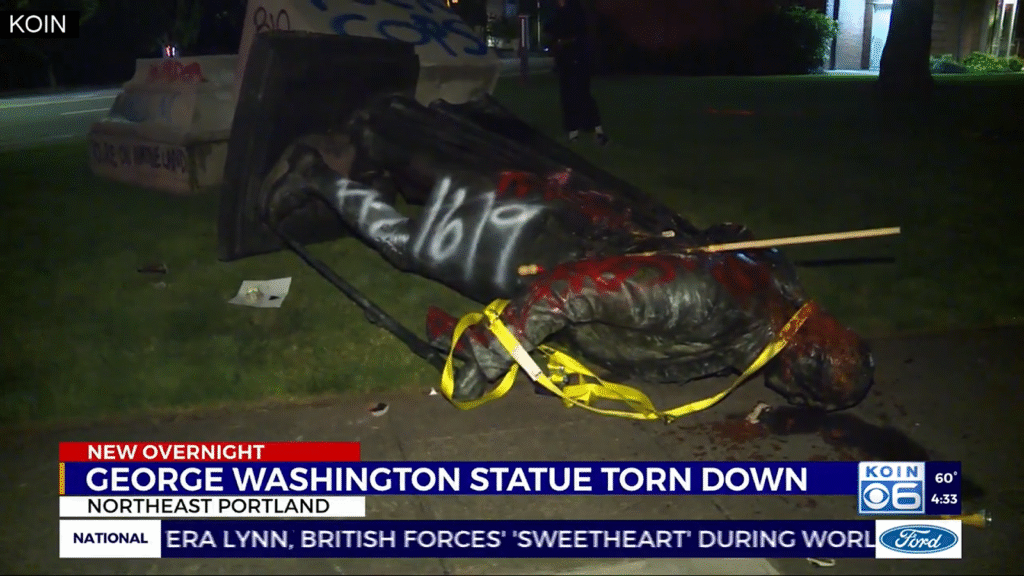The argument here is simple: the Democratic Party’s antipathy toward core American institutions and traditions makes it hard for its leaders to claim the patriotism high ground against President Trump. This piece outlines where that tension shows up, how it affects messaging, and why it matters for voters who care about national unity and constitutional fidelity.
The core claim is direct: “The anti-Americanism within the Democrat Party leaves no room for its members to play the patriotism card in opposition to Trump.” That line captures a belief held by many conservatives who see party moves and rhetoric that clash with traditional American values. Those moves range from dismissing national history to embracing policies seen as weakening borders and law enforcement. For critics, that pattern undercuts any moral authority the party uses to question a rival’s loyalty to the country.
Look at cultural signals first. When prominent Democrats repeatedly criticize American founding principles, celebrate protests that turn violent, or support rewriting history, voters notice a pattern. It isn’t just debate tactics; it feeds a broader narrative that the party treats national symbols and institutions as expendable. For many citizens who honor those institutions, those actions feel less like reform and more like rejection.
Policy choices amplify that perception. Positions favoring open borders, radical changes to policing, and broad restrictions on free speech are often presented as progressive progress. To conservatives, however, these same policies look like weakening the rule of law, reducing national cohesion, and elevating ideology over shared civic obligations. When a party pushes those priorities loudly, it gives opponents a straightforward argument about misplaced loyalties and priorities.
Messaging and media play a big role, too. When mainstream outlets and influential voices within one party consistently portray the other side as illegitimate or evil, it polarizes the electorate. That polarization makes it easier for critics to accuse Democrats of attacking the American project itself rather than trying to improve it. For voters tired of extremes, this fuels a defensive posture and a desire to protect institutions from radical change.
There are also real-world consequences that voters weigh. Weak border enforcement affects communities, public safety concerns shape urban policy debates, and economic decisions impact family security. When critics argue that Democratic policies prioritize open borders or expansive government over these practical concerns, many Americans respond by doubting the party’s priorities. That doubt often translates into a refusal to accept moral lectures about patriotism from leaders they see as misaligned with everyday needs.
Election strategy matters as well. Republicans can and do frame the choice for voters as a defense of the republic and its traditions. That pitch resonates when an opposing party appears to reject core norms. Democrats counter by pointing to policy differences and warning against character assaults. But when rhetoric crosses into dismissal of the nation’s founding framework, it becomes harder for Democrats to claim exclusive ownership of patriotism without appearing selective about which American principles they honor.
This debate also shows up in how each side treats protest and unrest. Support or leniency for demonstrations that break laws while condemning others for similar behavior creates a perception of inconsistency. To many voters, consistency is a marker of genuine patriotism. When they perceive double standards, they are more likely to side with those promising to restore order and uphold the law rather than those they view as enabling disorder for political ends.
Ultimately, this is about credibility. If a party publicly dismisses national symbols, downplays civic duty, or embraces policies that many see as hostile to the country’s core interests, it weakens its ability to accuse opponents of disloyalty. For Republican voters and many independents, that dynamic turns the question of who is more patriotic into a referendum on which policies and symbolic acts actually strengthen the nation going forward.



